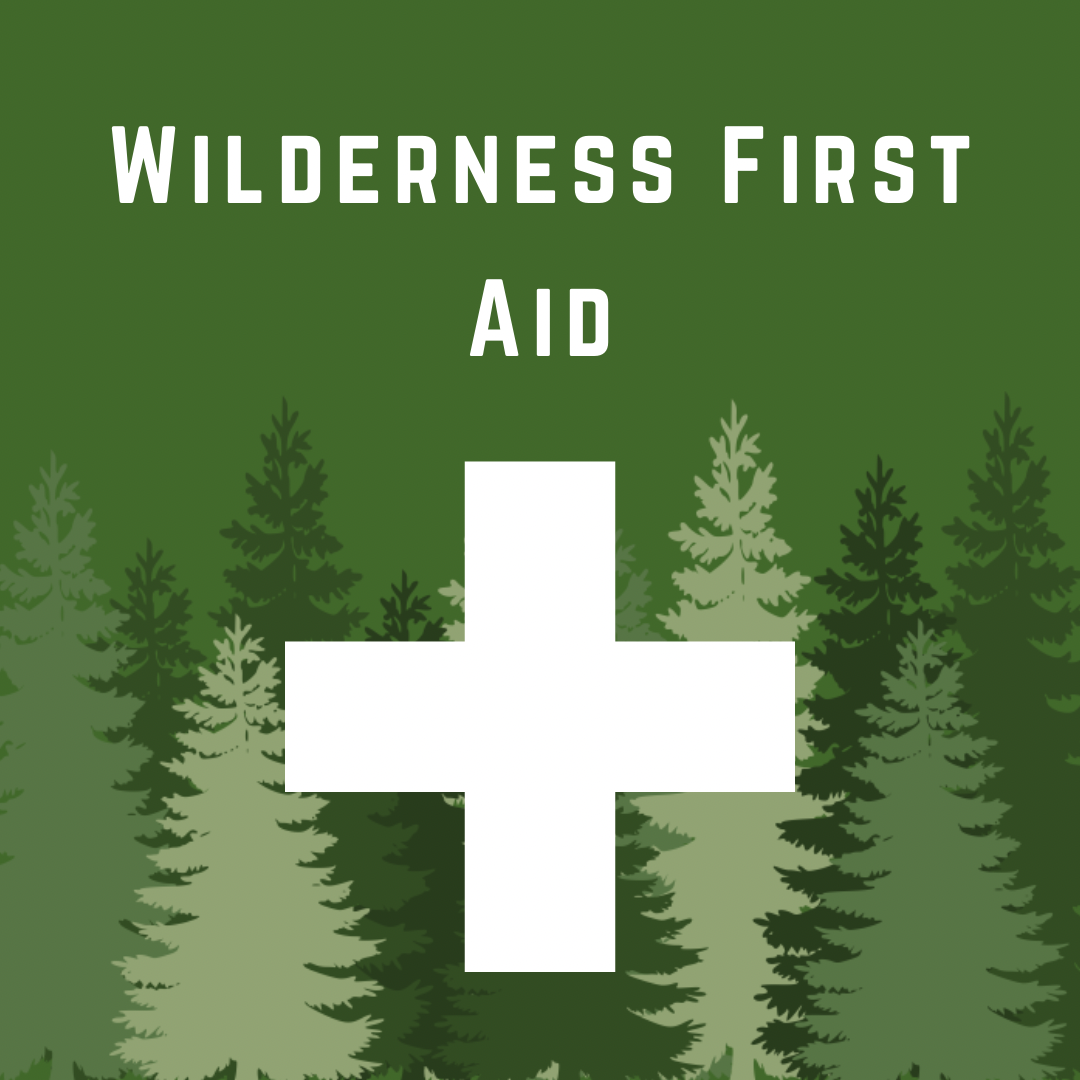Certify or Recertify
Prepare for the unexpected with this hands-on introduction to wilderness medicine, offered in partnership with SOLO Wilderness Medicine. This 16-20 hour course is for anyone who spends time in the outdoors, whether you work in a wilderness setting, enjoy outdoor recreation, or want to be better prepared for emergencies in remote environments. Instruction will be a mix of classroom learning and outdoor scenarios, held regardless of weather conditions. This course may also be used to recertify a Wilderness First Responder (WFR) or the wilderness portion of a Wilderness EMT (WEMT) if your prior certification was through SOLO.
Tuition
$280 tuition fee
SOLO CPR is included (follows AHA guidelines)
$15 recertification fee
(if recertifying)
Course Length
16-24 hours
+
2 hour
CPR/AED course
(optional, but encouraged)
Certificate
Yes, WFA certificate valid for 2 years
Yes, WFR/WEMT recertification is valid for 3 years

CPR/AED Course and Recertification Information
CPR/AED Course: An optional CPR/AED course will occur after the Saturday WFA class ends, lasting about 2 hours. Please sign up for the corresponding CPR/AED course if you are interested.
Recertification: If you are a WFR Recert, please notify the sponsoring agency ahead of time. This course will recertify current SOLO certifications. You must bring copies of your current WFR and CPR certification cards. There is an additional $15 recertification fee.
Requirements
- Students must be at least 16 years of age to take this course.
- All minors must be accompanied by an adult.
WFA Course Details
SOLO courses are highly interactive and focus on hands-on learning, with numerous outdoor scenarios and skills labs. This allows participants to practice and refine their skills in real-life conditions. Please be prepared to spend time outside, regardless of weather conditions—rain, snow, or shine.
CPR and AED training is included in the WFA course. The certification is through SOLO and follows the American Heart Association (AHA) guidelines.
Classes typically run from 8 a.m.-6 p.m. ET with an hour break for lunch.
Lodging: We have an onsite lodging option
Ready to Enroll for WFA?
Select a date to sign-up and pay your tuition.
October 25-26, 2025January 24-25, 2026- February 21-22, 2026
- March 21-22, 2026
- April 11-12, 2026
- May 1-3, 2026
- June 10-12, 2026
Course Topics
Please be aware that the following topics and subjects are commonly covered in the Wilderness First Aid (WFA) course. However, the order and progression of topics may vary during the course.
- Wilderness vs. Urban First Aid
- Patient Assessment System
- Initial Survey
- Primary Survey
- Secondary Survey
- Documentation (SOAP Notes)
- Patient Lifting and Moving
- Shock
- Traumatic Issues
- Musculoskeletal – Sprains, Strains, & Fractures
- Spinal Cord Injury Management
- Soft Tissue Injuries
- Stopping the Bleed
- Wound Cleaning
- Bandaging Skills
- Infections
- Burns
- Environmental Issues
- The Human Animal
- Hypothermia and Frostbite
- Heat Illness: Dehydration, Heat Exhaustion, & Heat Stroke
- North American Bites & Stings
- Lightning
- Back Country Essentials: Bivouac & Survival Skills
- Medical Issues
- Changes in Level of Consciousness
- Breathing Issues: Asthma, Allergic Reaction, etc.
- Anaphylaxis
- Diabetes
- Chest Pain
- Written Test and Course Completion
Supplies List
You should plan to have clothing that will be appropriate to the season for where and when you will be taking the class. Weather permitting, we will be spending a significant portion of the class time outside. The following list is to supplement the clothing you will be wearing. If you have questions regarding the usual weather where your course will be held, please contact the sponsor.
Please note, we use moulage throughout the training that can stain some clothing, therefore, you may want to bring older or darker clothing to wear for scenarios.
Required Items
The following items should be packed for each class:
- Backpack to put everything in
- Layers of clothing (to keep yourself regulated by adding on or removing layers)
- preferably NOT made of cotton, which loses its ability to hold heat if wet
- Water bottles (for drinking water)
- Footwear for the environment (closed-toe shoes for outdoors / sandals are OK for inside)
- Watch (with a second hand)
- Notebook with Pen/Pencil
- Items that you would normally take on a day hike or overnight hike
Helpful Things to Bring
- Ground cloth or small tarp
- Sleeping pad
- Bandanas/Cravats of any kind
- Rope
What to Expect After Enrollment
After enrolling in an Outdoor Leadership Training Center course and paying the tuition, you can expect a e-receipt to be sent to you immediately.
All courses will be held on Kalamazoo College’s campus. You will receive an email closer to the course date with details such as your class’s location, parking, etc.
